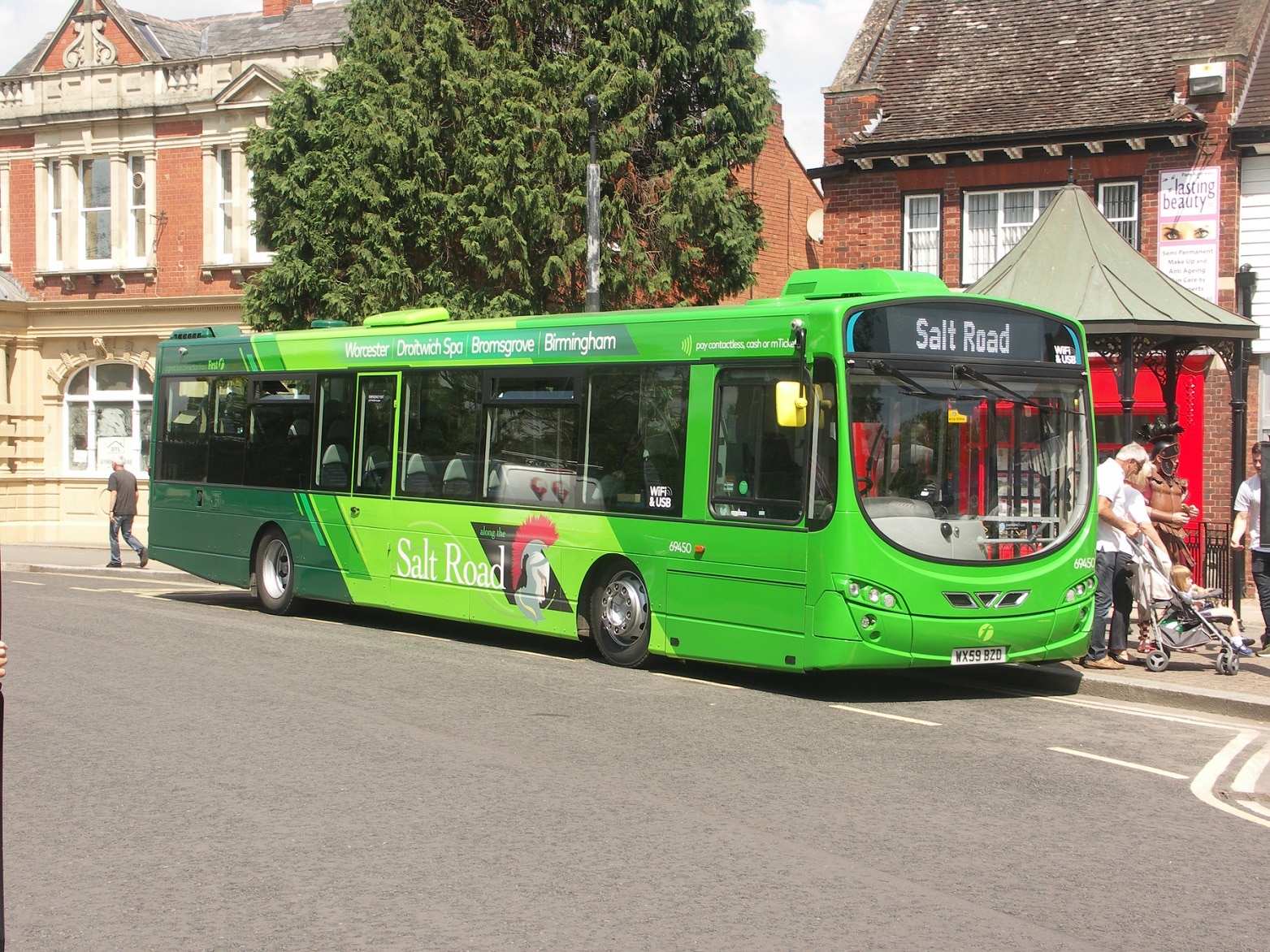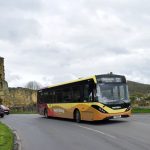17 bids from local transport authorities (LTAs) in England have proceeded to the second phase of the Department for Transport (DfT) Zero Emission Bus Regional Areas (ZEBRA) scheme via its standard mechanism. They follow six other bids that earlier made the same progression under fast-track provision, and are from:
- Blackpool Council
- City of York Council
- Hertfordshire County Council
- Liverpool City Region Combined Authority
- Norfolk County Council
- North Yorkshire County Council
- Nottingham City Council
- Oxfordshire County Council
- Portsmouth City Council and Hampshire County Council
- Sheffield City Region Combined Authority
- Southampton City Council
- Swindon Borough Council
- Tees Valley Combined Authority
- Transport for Greater Manchester
- Transport North East
- West Yorkshire Combined Authority
- Worcestershire County Council.
The second phase of ZEBRA now requires those 17 LTAs to each prepare a business case for investment from the £120m scheme. Submission is expected by February 2022, with selection of the winners from the standard process taking place during that month. Delivery of successful bids should start in March 2022 and all buses that benefit from ZEBRA funding should be in service no later than two years after it is awarded.
ZEBRA is a preliminary element of the government’s plans outlined in the National Bus Strategy to support the rollout of 4,000 zero-emission buses in England. Part of its purpose is to help to develop commercial and financial models to facilitate the deliver of such vehicles at scale.
A guidance document issued when ZEBRA was launched in March stated that up to £50m will be allocated to the standard process element of the scheme, although any underspend from the fast-track mechanism may be reallocated to the standard process.
The guidance also noted that DfT anticipates that each bid will be of between £25m and £35m in scope. It expects to support “at least three areas” through ZEBRA.

























